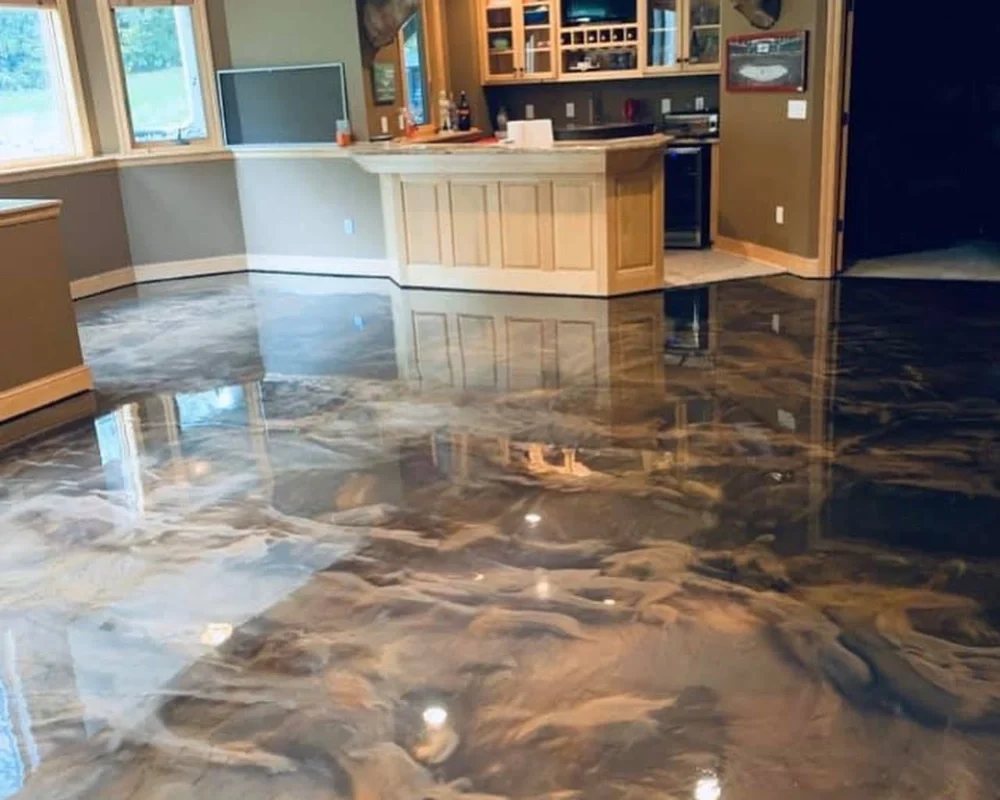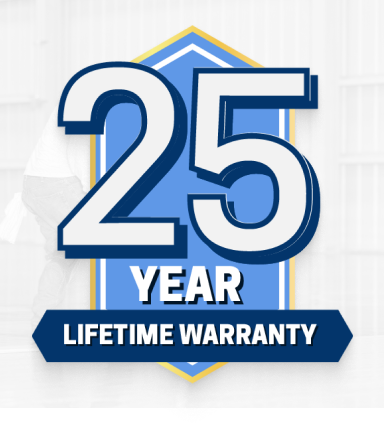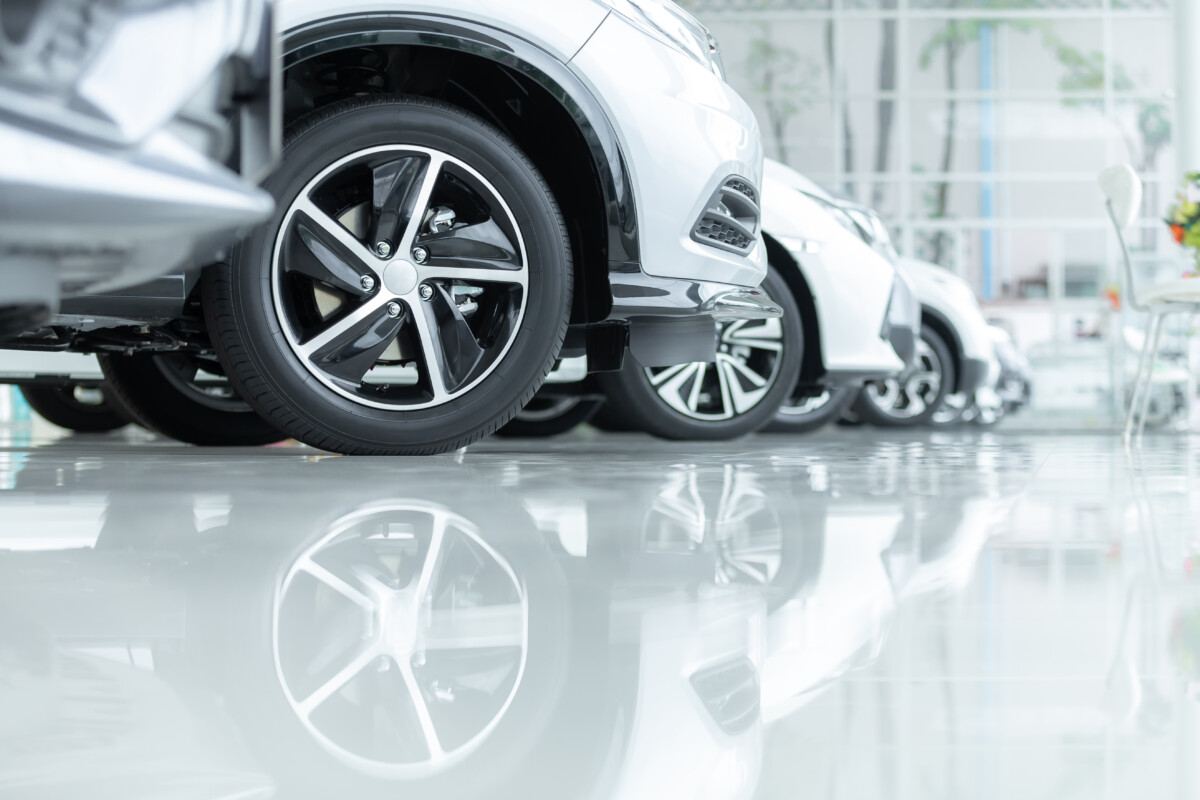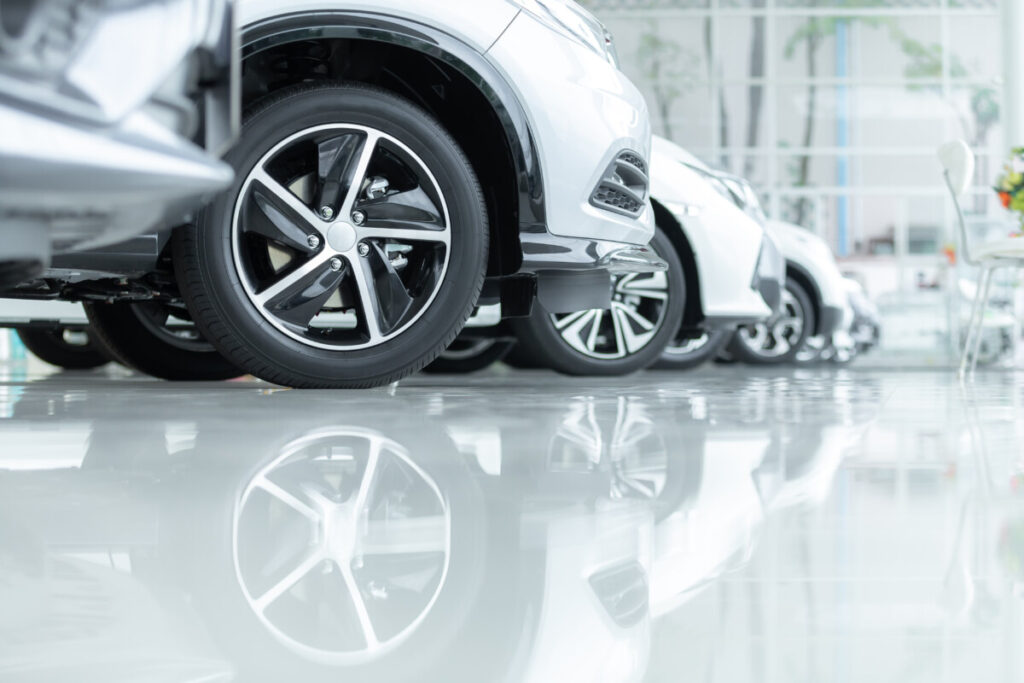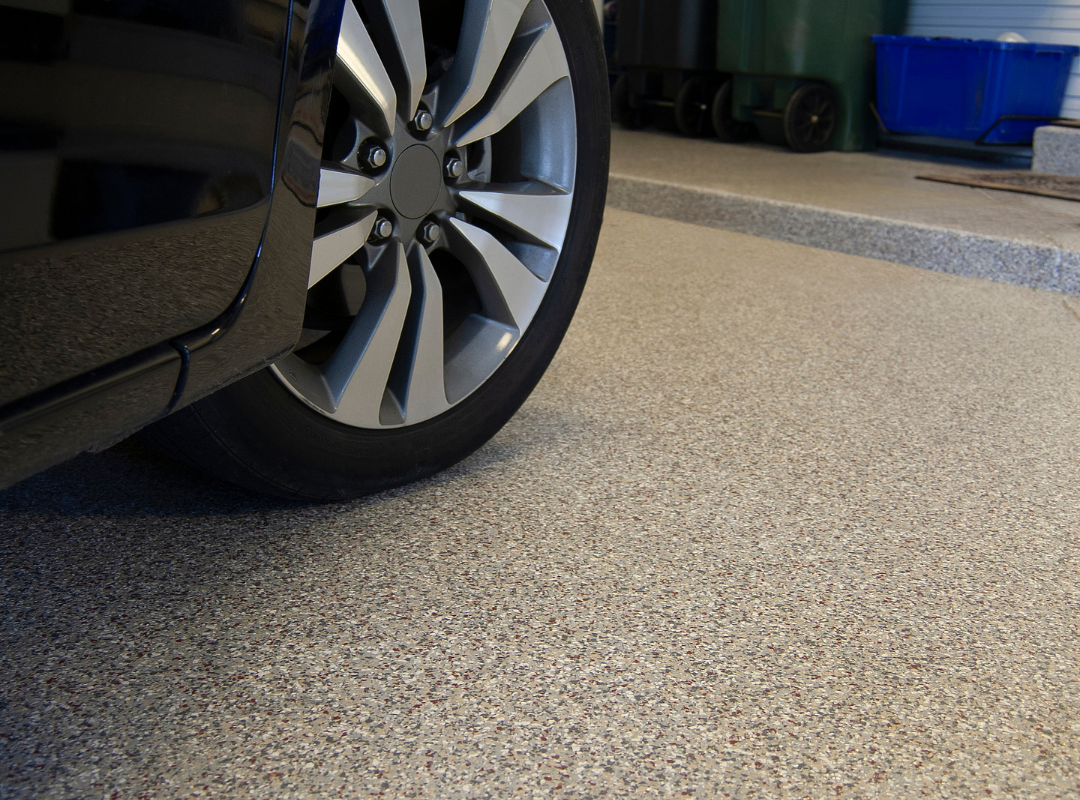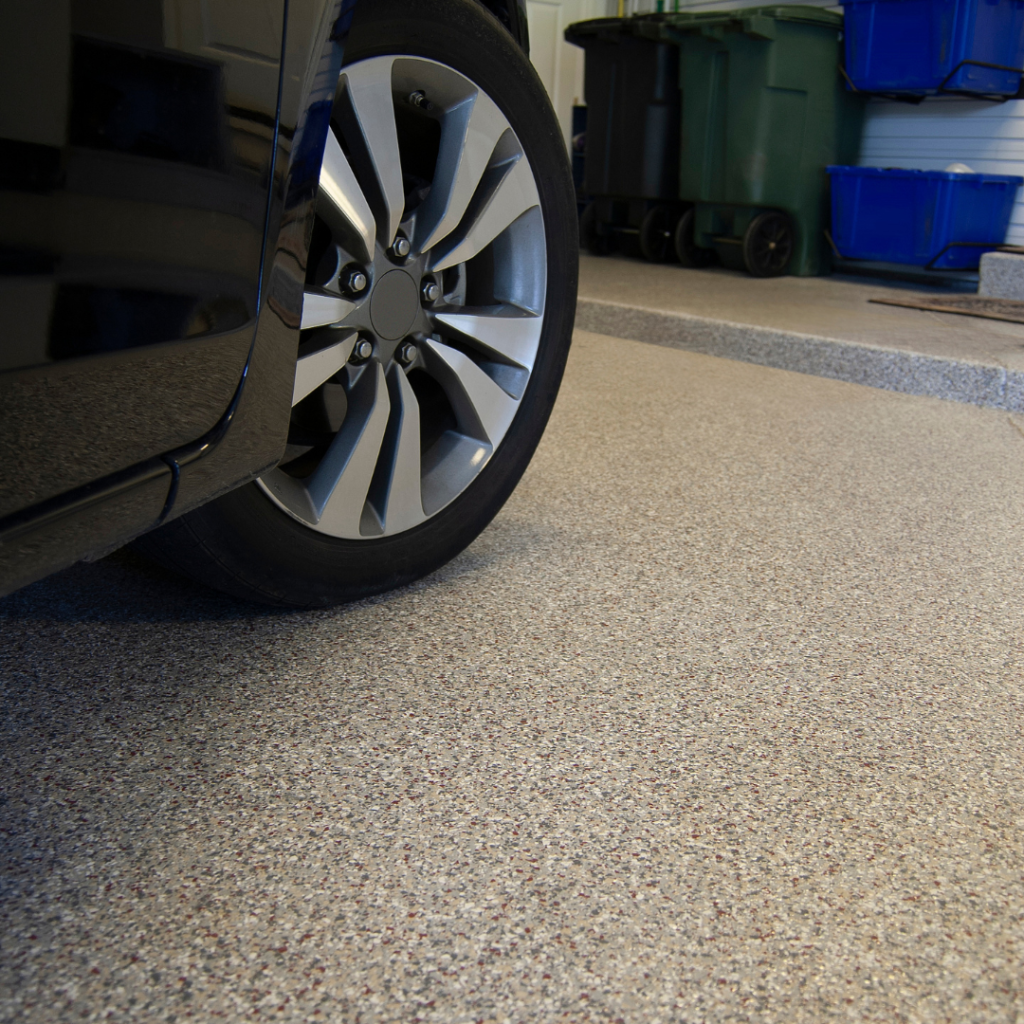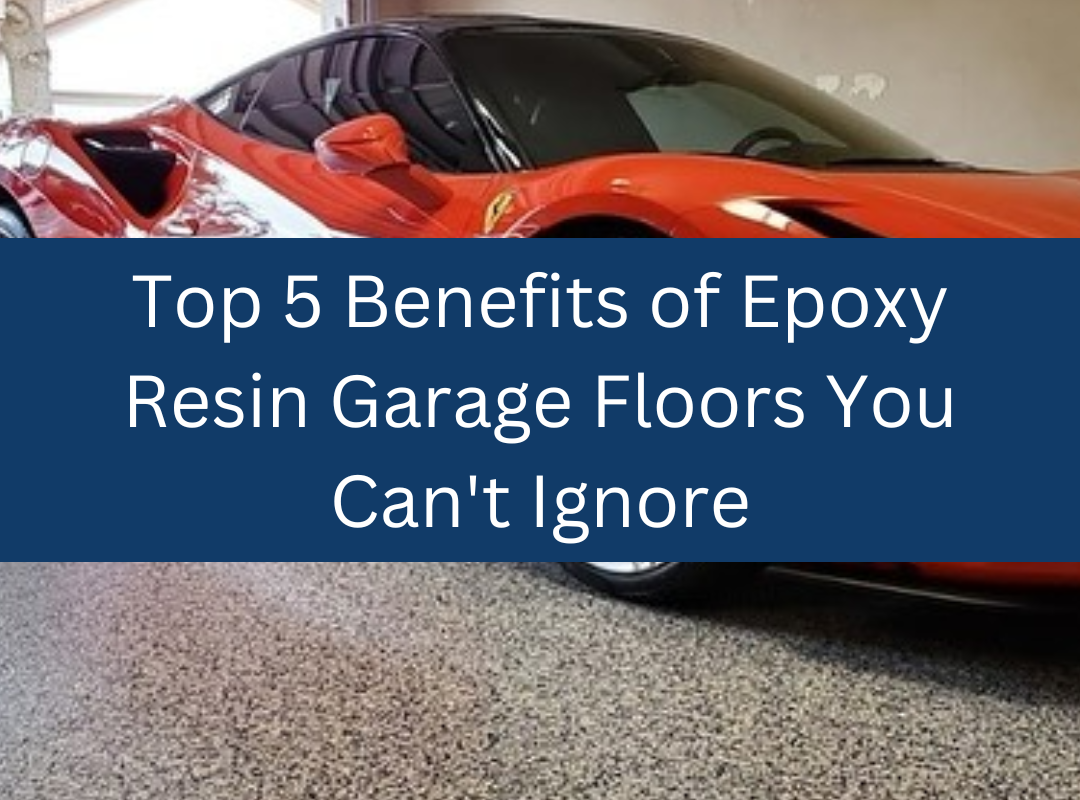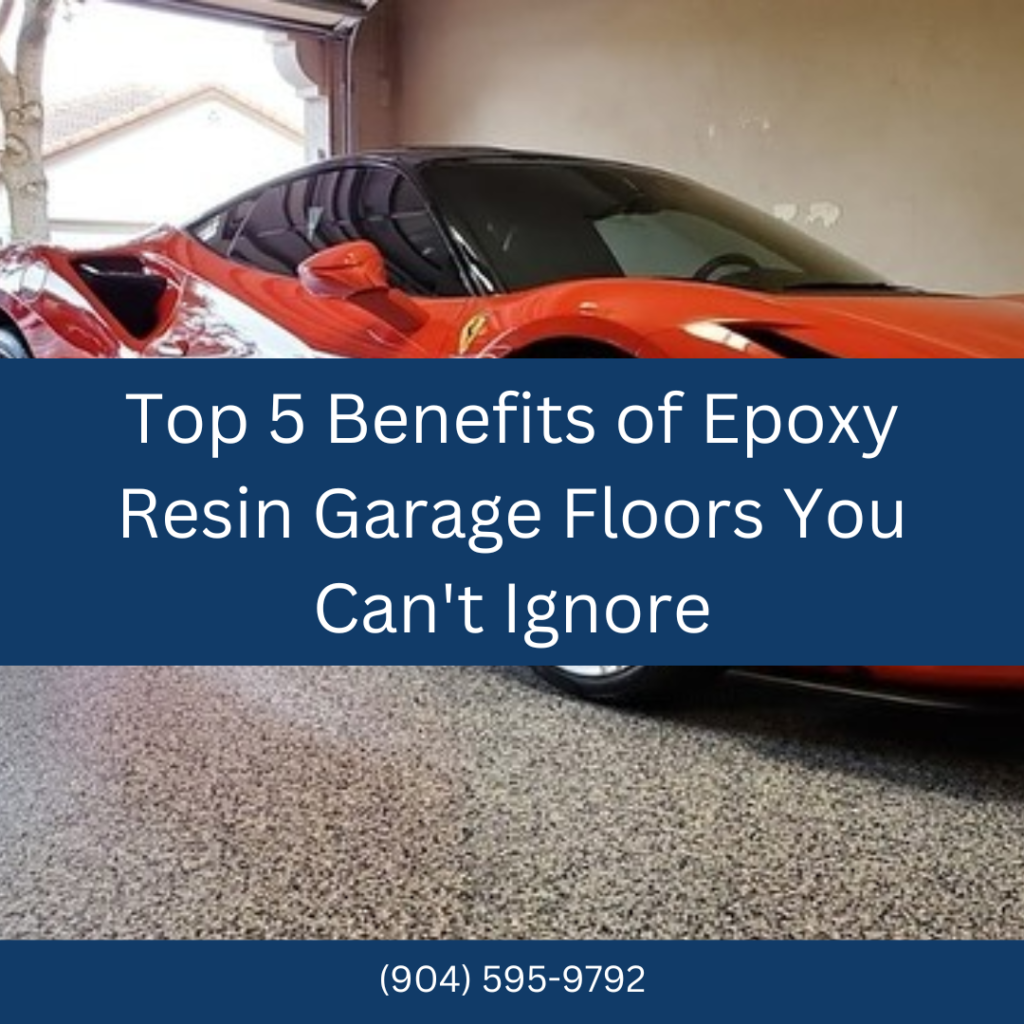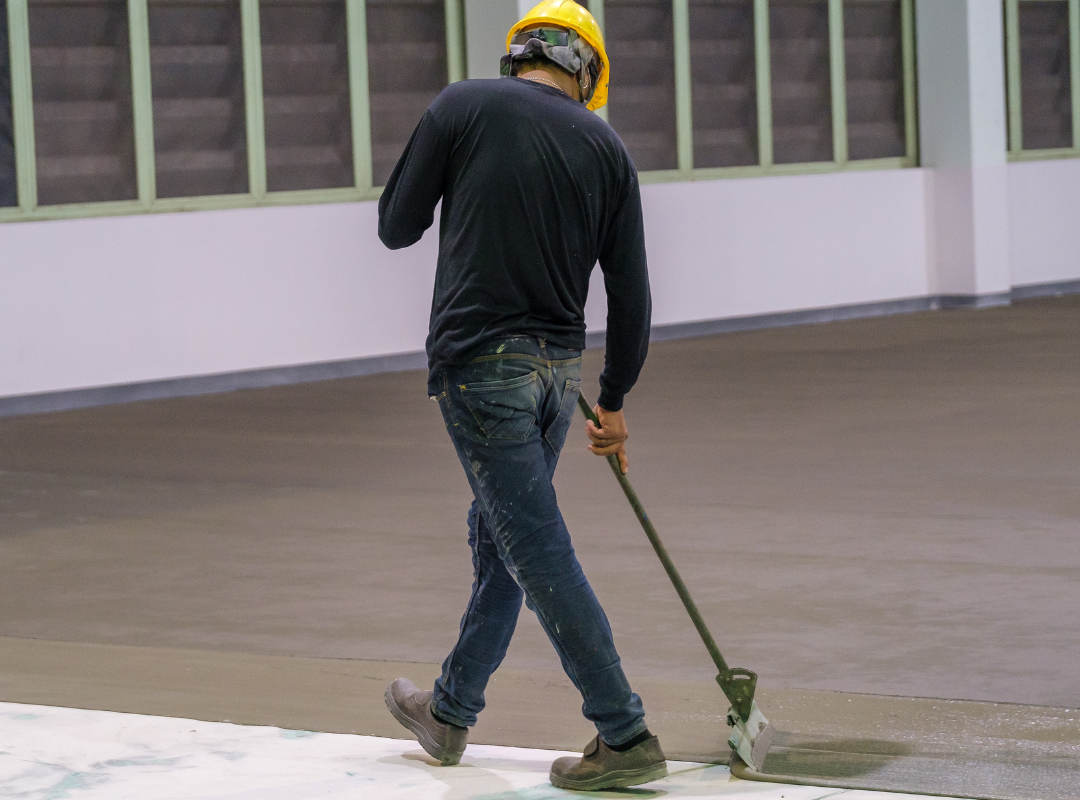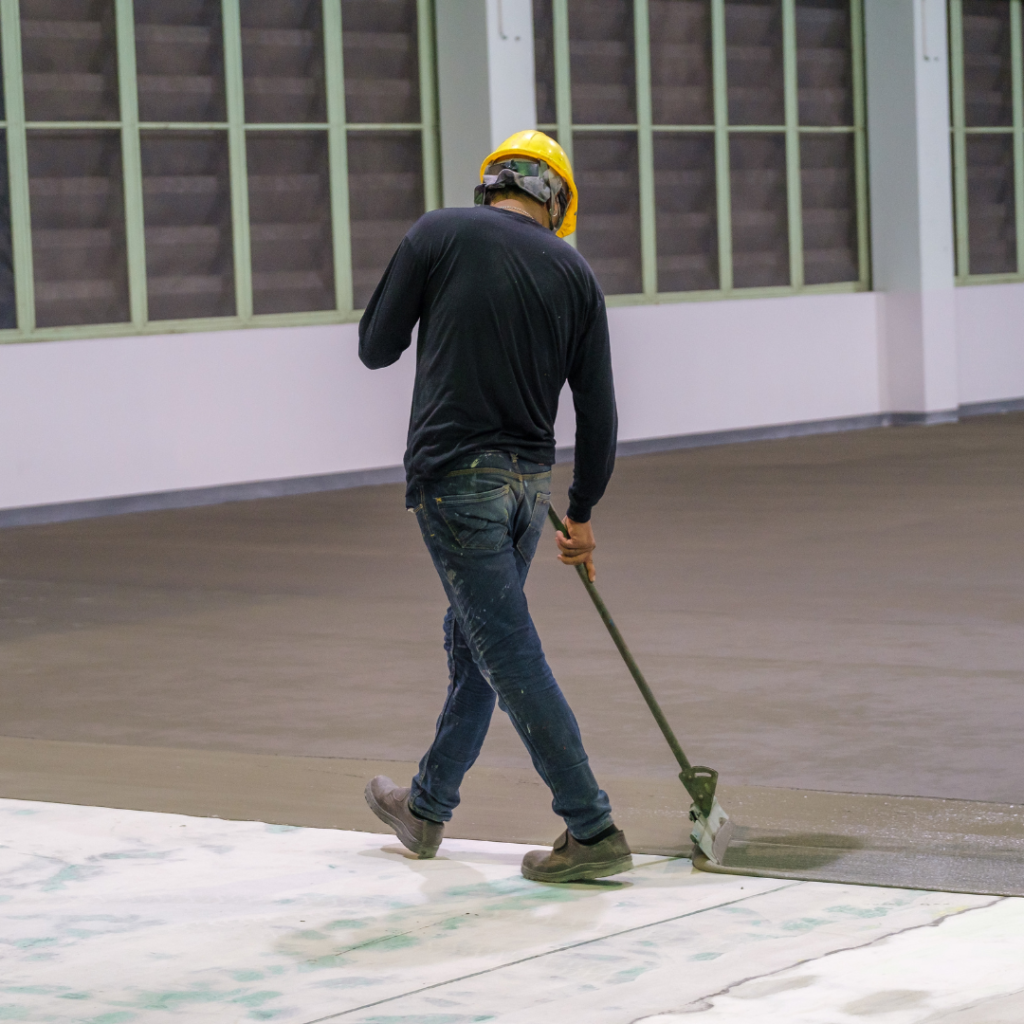
James Wilson
July 30, 2025
Table of Contents

Looking for a kitchen floor that stands up to heat, spills, and heavy foot traffic? An epoxy kitchen floor delivers sleek style with serious durability, perfect for Florida homes. Unlike tile or wood, epoxy creates a seamless, waterproof surface that’s built to handle everyday cooking, entertaining, and family life.
With fast installation and a long-lasting finish, epoxy flooring resists Florida’s humidity and wear while giving your kitchen a polished, modern look. Keep reading to see why more homeowners across the state are choosing epoxy and how to find the right style for your space.

Why Epoxy Kitchen Floors Are Gaining Popularity in Florida Homes
An epoxy kitchen floor is quickly becoming the go-to choice for Florida homeowners, and it’s easy to see why. Traditional flooring options like tile and laminate can crack or warp in Florida’s heat and humidity. Epoxy, on the other hand, stays strong year-round without peeling, bubbling, or absorbing moisture.
These floors are also slip-resistant, which makes them ideal for busy kitchens where spills often happen. Whether you’re cooking for the family or hosting guests, epoxy gives you peace of mind and a safer space to move around.
Another reason for their rising popularity of Epoxy Kitchen Floor is? Easy upkeep. With no grout lines or seams to trap dirt, cleaning your epoxy floor takes just a quick sweep or mop. For homeowners wanting a durable, low-maintenance upgrade that fits Florida living, indoor epoxy flooring checks all the boxes.
Is Epoxy Safe for Indoor Use?
Yes, epoxy flooring is safe for indoor environments when installed with professional-grade, low-VOC materials. It’s a trusted choice for families, offering a durable surface in kitchens, bedrooms, and living areas without compromising indoor air quality.
Today’s Epoxy Is Low-Odor and Non-Toxic
Worried about strong smells or lingering fumes? Modern indoor epoxy is specifically formulated to be safe for enclosed spaces. Most residential-grade options are VOC-free and low-odor, meaning they meet strict air quality standards and won’t disrupt your home during or after installation.
Slip Resistance and Texture Options
Epoxy kitchen floors are made for daily life, including high-traffic spaces and spills. Custom textures and slip-resistant topcoats add grip underfoot, making them ideal for kitchens, hallways, and bathrooms. Whether you prefer a matte, satin, or lightly textured finish, epoxy can be tailored for both safety and style.
The Installation Process
Getting an epoxy kitchen floor installed is quicker than most people expect, and built to last. With professional prep and materials, you’ll have a smooth, durable finish without major disruption.
Step-by-Step Overview
- Surface prep: Diamond grinding removes old coatings and opens the concrete for strong adhesion
- Priming: Base layer seals the surface and helps the epoxy bond properly
- Epoxy application: Pigments and designs are added for the chosen look (solid, flake, metallic, marble)
- Topcoat: Adds durability, UV resistance, and optional slip resistance
- Final cure: Floor hardens fully for long-term performance
How Long Does It Take?
For a standard kitchen or single indoor room, the full process typically takes 2 to 3 days from prep to final cure. While the floor may be walkable within 8–12 hours, full hardness and durability are achieved with proper cure time. With professional installation, the disruption is minimal and the results last for years.
Epoxy vs. Tile, Hardwood, and Vinyl in Florida Kitchens

In kitchens, epoxy floor in-house installations stand out because they’re built for the climate. Unlike hardwood or vinyl, epoxy doesn’t warp or fade. While tile looks good, it’s prone to cracks and dirty grout.
With indoor epoxy flooring, you get a clean, custom look that lasts decades with no high maintenance or repairs needed.
Choosing the right flooring for your kitchen in Florida means thinking beyond just looks. Humidity, heat, and spills are daily challenges, so your flooring needs to keep up. Here’s how an epoxy kitchen floor compares to common alternatives like tile, hardwood, and vinyl:
Feature | Epoxy Kitchen Floor | Tile | Hardwood | Vinyl |
Durability | High—resists cracks, impact | Moderate—can crack/chip | Can warp in humidity | Prone to dents/scratches |
Water Resistance | 100% waterproof | Grout lines absorb water | Not moisture-resistant | Some water resistance |
Cleaning | Seamless, easy to wipe | Grout needs scrubbing | Requires refinishing | Easy, but can stain |
Heat Tolerance | Withstands high heat | Gets hot, can crack | May expand or shrink | Sensitive to temperature |
Lifespan | 15–20 years or more | 10–15 years | 10–20 years | 5–10 years |
Look | Custom, modern finish | Traditional, limited look | Natural, classic style | Often looks artificial |
Design Options for Epoxy Kitchen Floor (Client-Aligned Version)
Not every Florida home needs the same kitchen floor, and Apex Epoxy Flooring makes sure yours isn’t a cookie-cutter install. Whether you want a clean, modern look or something bold and high-gloss, our epoxy kitchen floor is custom-built to fit your space, lifestyle, and taste.
Most Popular Options Among Florida Homeowners:
- Solid Color Epoxy: Sleek and simple, these are ideal for modern kitchens and offer a clean, uniform finish.
- Epoxy Flake Systems: Great for families or high-traffic kitchens, adds texture, hides minor imperfections, and provides extra slip resistance.
- Metallic Epoxy Coatings: These create a reflective, one-of-a-kind look that mimics poured stone or polished concrete.
- Marble-Inspired Epoxy Designs: A luxe option that brings the look of natural stone to your kitchen without the maintenance headaches.
Custom Features Include:
- Gloss, satin, or matte finishes
- Slip-resistant textures for safety
- Color blends to match cabinetry or décor
- UV-stable topcoats to prevent yellowing in bright kitchens with lots of light
Beyond the Kitchen: Where Else Can You Use It?
Beyond the kitchen, epoxy flooring is a smart choice for nearly any room in the house. From living rooms to bedrooms, it’s seamless, durable finish handles daily wear without losing its appeal. It’s a stylish, low-maintenance option for modern Florida homes.
Epoxy Floor in House Spaces
Epoxy flooring isn’t limited to garages or kitchens; it’s becoming a go-to choice for full-home interiors. More homeowners are choosing an epoxy floor in house living areas for its seamless look, water resistance, and easy maintenance. Whether you want a sleek, modern finish or a custom decorative effect, epoxy works in almost any room.
Living Room Epoxy Flooring for Homes
In open-concept homes, epoxy helps create clean transitions between the kitchen and living room. It’s ideal for high-traffic spaces where kids, pets, and guests come and go. With a range of finishes from high gloss to matte, living room epoxy flooring for homes brings both durability and design under one surface.
Epoxy Bedroom Floor
Want a minimalist, modern bedroom? An epoxy bedroom floor offers a smooth, dust-free surface that’s great for allergy sufferers and easy to keep clean. It’s pet-friendly, stain-resistant, and customizable in soft tones or bold designs to match your style.
Ready to Upgrade Your Kitchen With Apex Flooring? | Get a Free Quote
Thinking about transforming your kitchen with a sleek, durable epoxy floor? Get a free estimate today and see how easy it is to upgrade your space. Apex epoxy flooring offers fast installation, a lifetime warranty, and zero hidden fees.
📞 Call us at (904) 595-9792 or contact us now to schedule your consultation.
Frequently Asked Questions
An epoxy kitchen floor is a seamless, resin-based surface poured over concrete. It’s durable, waterproof, and resists stains, heat, and wear—perfect for Florida kitchens.
With proper prep and care, epoxy floors can last 15–20 years or more, even in high-use areas like kitchens.
Not when properly installed. Textured finishes and matte topcoats can add slip resistance, making them safe for wet or high-traffic areas.
Yes. Epoxy flooring works well throughout the home. It’s great for open-concept spaces, modern designs, and allergy-friendly environments.
You can choose from solid colors, metallics, marble-look finishes, and decorative flake blends. Glossy or matte options are also available.
Yes, epoxy kitchen floor is very easy. The seamless surface resists stains and doesn’t trap dirt. Just sweep and mop—no waxing or harsh cleaners needed.
Yes. Most residential-grade epoxy used today is low-VOC and non-toxic after curing. It’s safe for kids, pets, and indoor air quality.
Floors are walkable in about 8 hours and fully ready for use within 24 hours after installation.
Written By:
James Wilson
James Wilson’s extensive experience as a construction manager is apparent in his practical advice on epoxy floor installation. Having managed numerous projects after his studies at Purdue University, his contributions offer step-by-step guides and insider tips that ensure successful flooring projects for Apex’s audience.
Table of Contents
Related Epoxy Flooring News

Polyurea Garage Coating Florida | Heat & Weather-Proof Floors
If your garage floor is cracking, peeling, or stained, it’s time for an upgrade that

Epoxy Kitchen Floor & Indoor Epoxy Flooring in Florida
Get a durable, easy-to-clean epoxy kitchen floor that resists heat and spills. Call now

What Makes Marble Epoxy Floors a Smart Choice
Get a marble epoxy floor with a luxury look and lasting strength. Ideal for Florida
